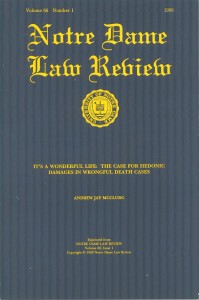 Andrew Jay McClurg, It’s a Wonderful Life: The Case for Hedonic Damages in Wrongful Death Cases, 66 Notre Dame Law Review 57-116 (1990).
Andrew Jay McClurg, It’s a Wonderful Life: The Case for Hedonic Damages in Wrongful Death Cases, 66 Notre Dame Law Review 57-116 (1990).
What is a human life worth? The philosophical answer, echoed in literature throughout the ages, is that life is priceless. The answer under the American tort system is “zero.”
“Patient dumping” is medical non-practice. Patient dumping involves hospital refusing to provide emergency care to patients because of their inability to pay. Instead of receiving treatment, the indigent, uninsured patient is turned away or shuffled across town to the nearest public hospital. The latter practice is euphemistically referred to as an “economic transfer.”
In 1986, Congress gave victims of patient-dumping a weapon with which to fight back: a provision of the Consolidated Omnibus Budget Reconciliation Act of 1986 (COBRA) creating a private right of action to patients who have been refused emergency care. Your Money or Your Life, widely cited by courts as well as legal commentators, was the first law review article seeking to interpret the Act. The article examines numerous sources of interpretation, including the statutory language, legislative history both before and after enactment, federal regulations proposed to implement portions of the Act, analogies drawn from general tort principles and other remedial statutory schemes, and the policies sought to be furthered by the anti-dumping legislation.
The article begins by reviewing the scope of and reasons for the patient-dumping problem, and the inadequacy of available state law remedies to victimized patients.


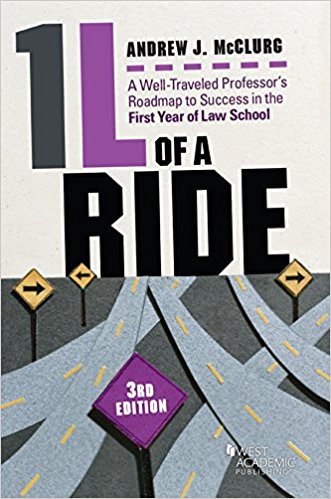
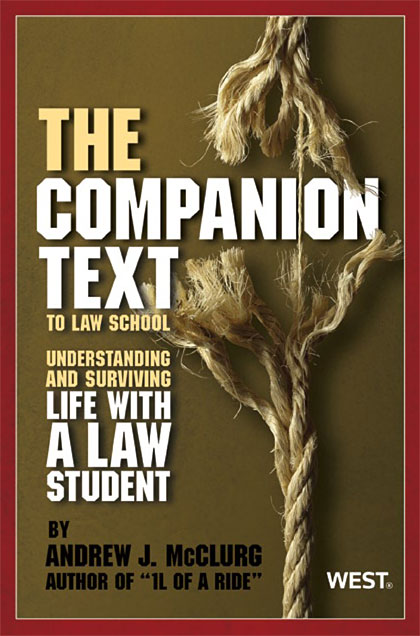




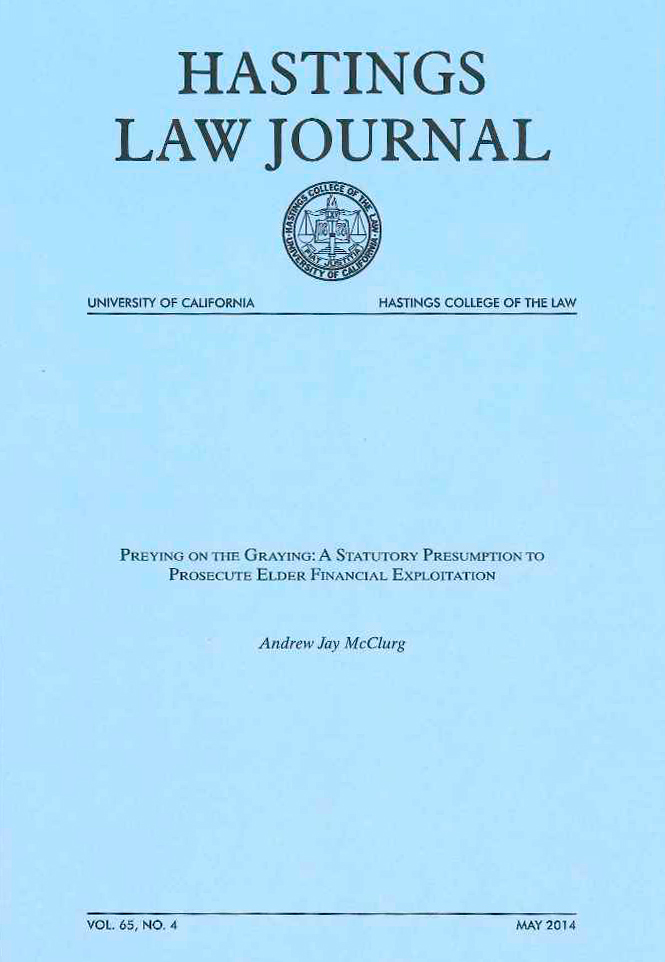
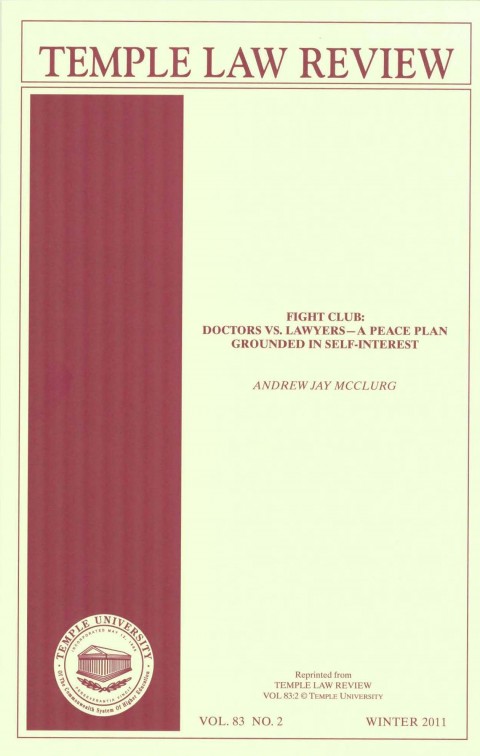
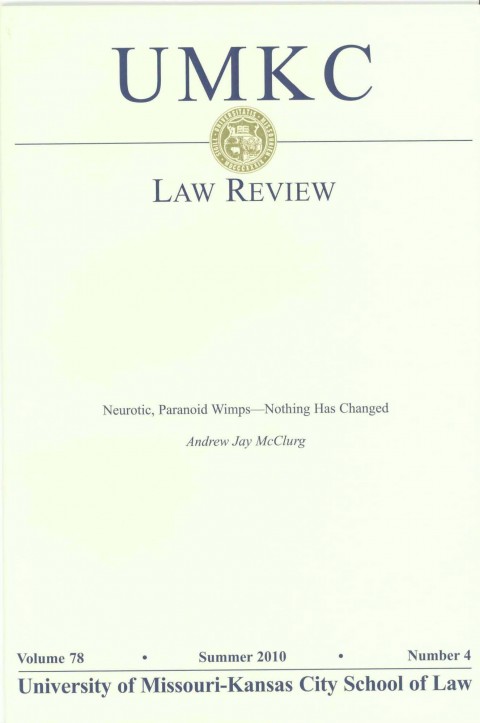
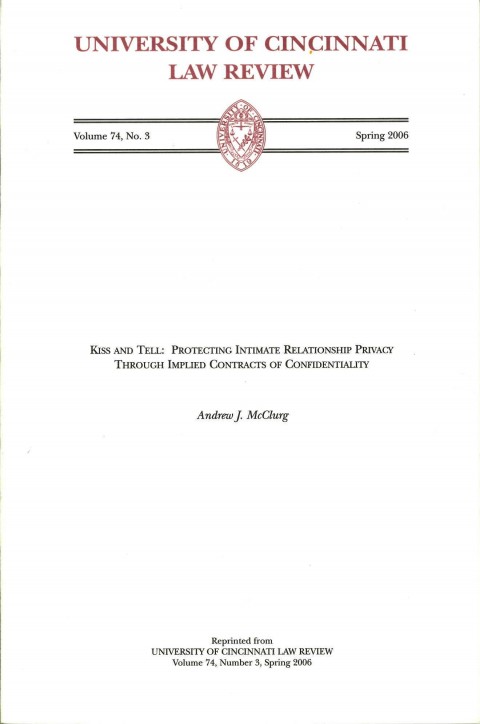
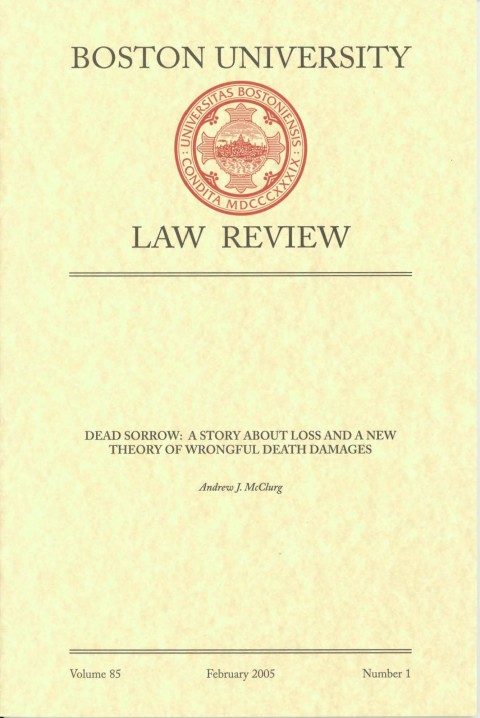
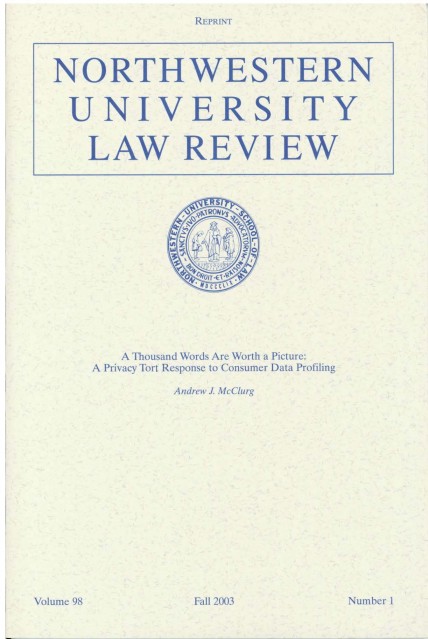
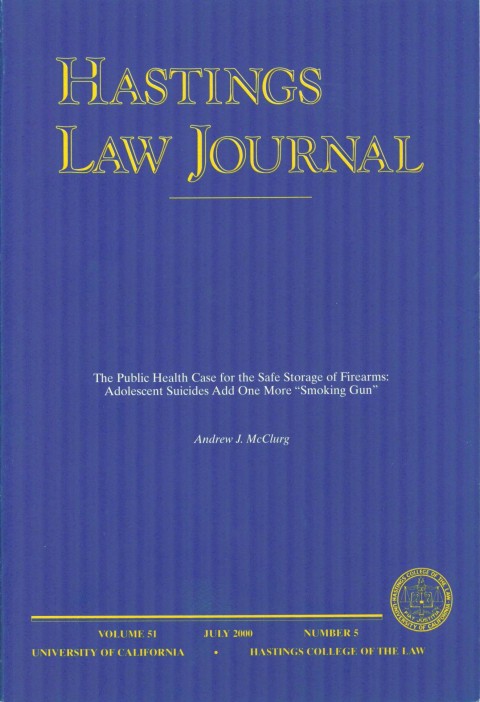
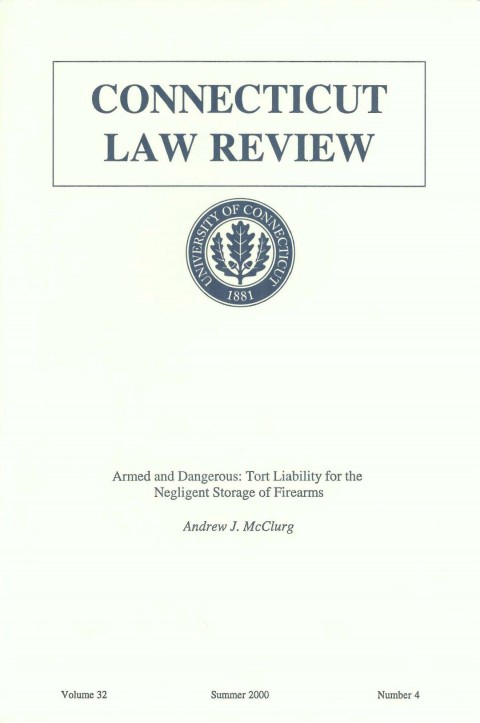
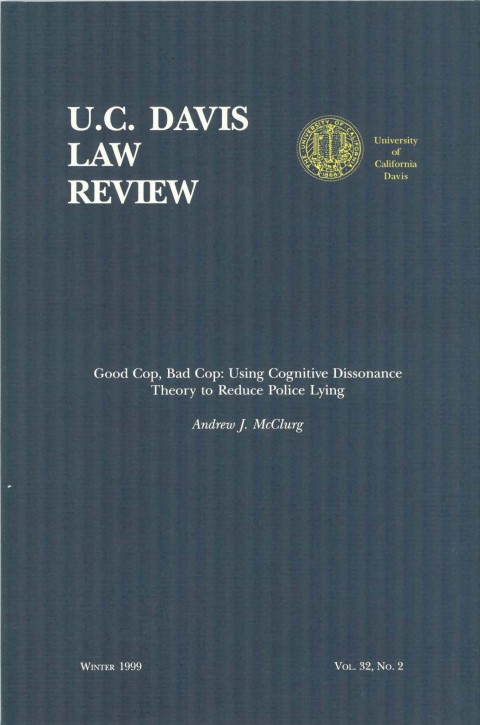
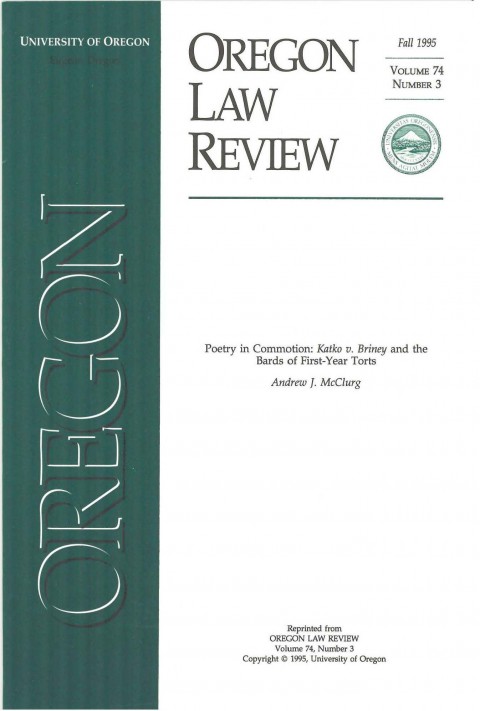
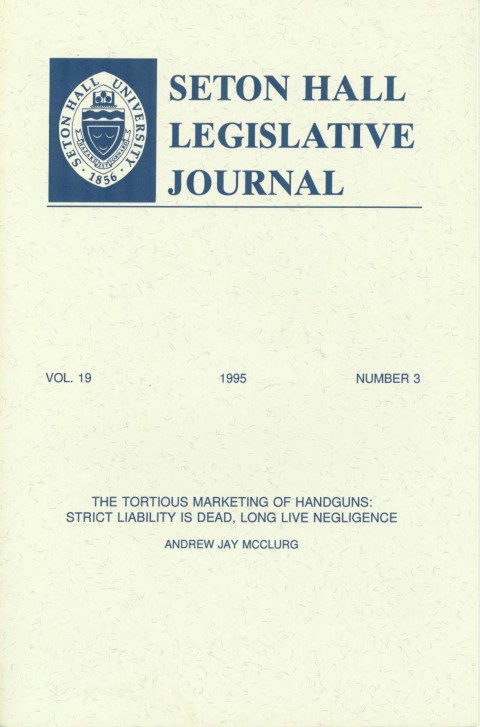
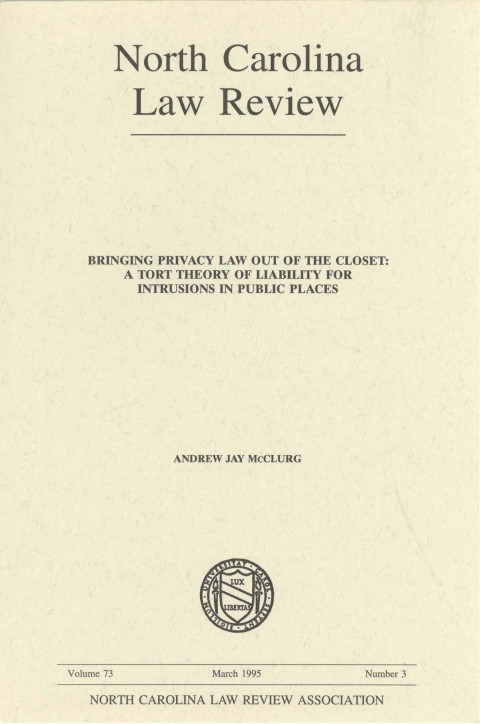
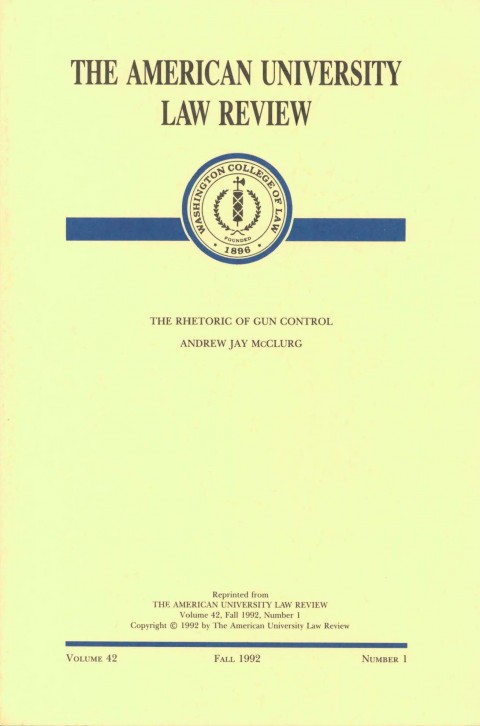
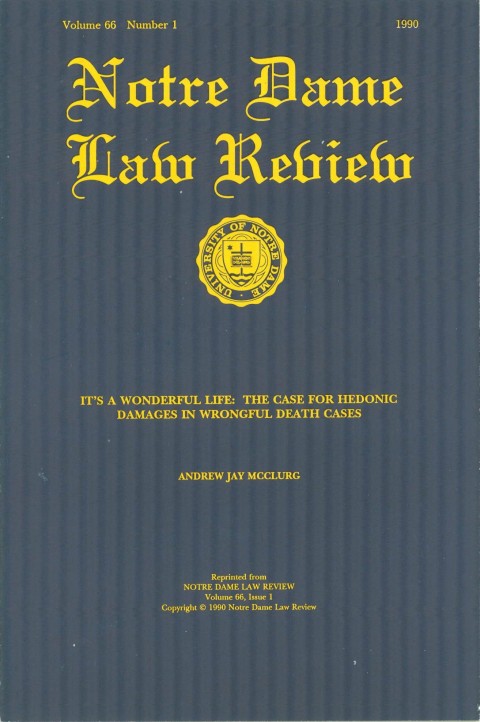
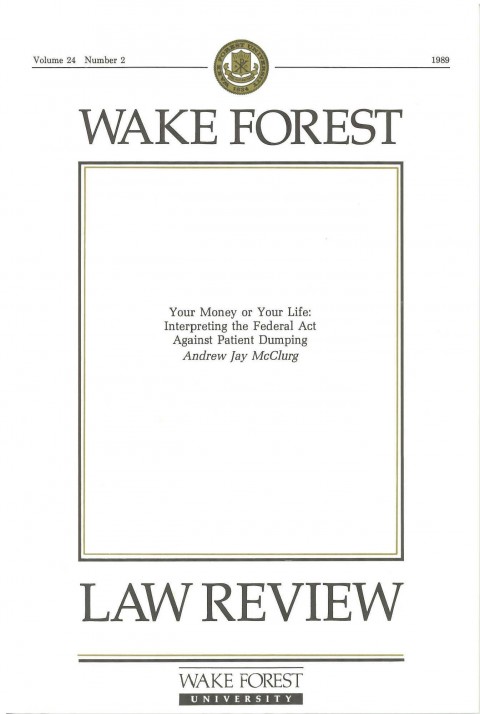
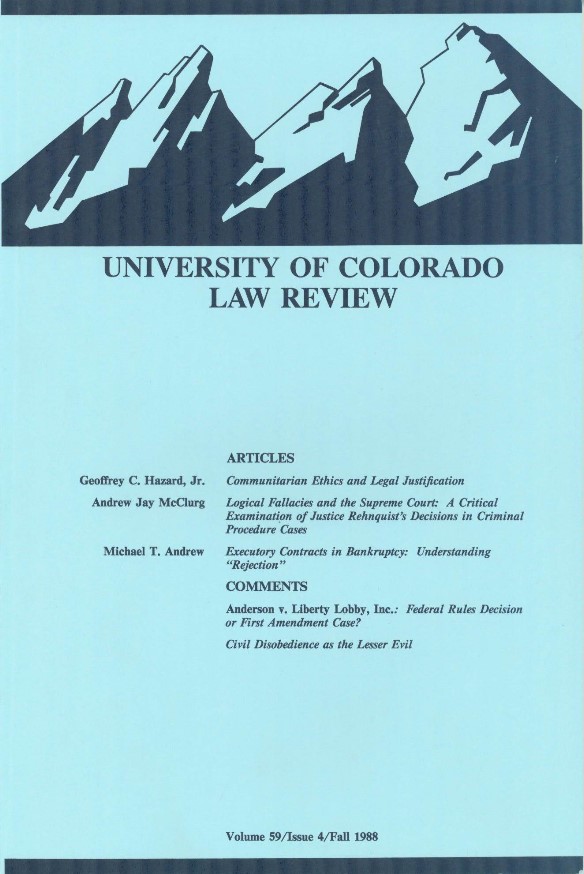

Leave a Reply